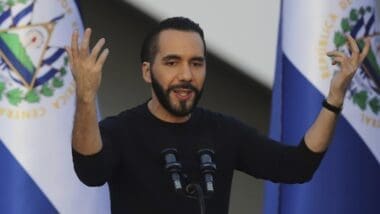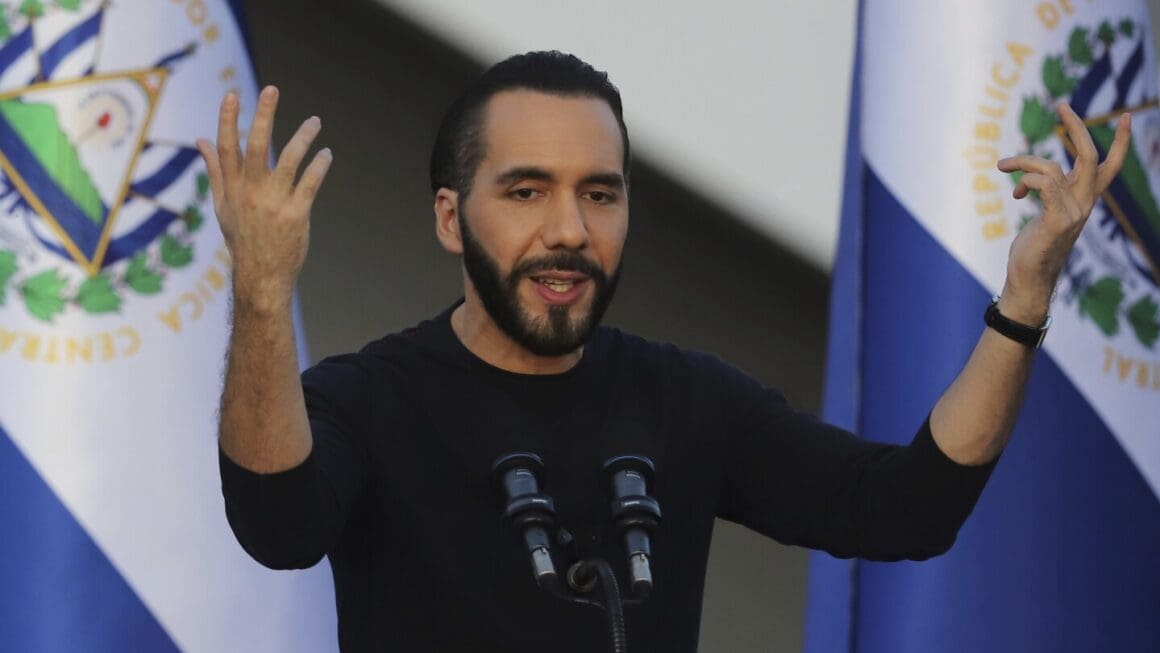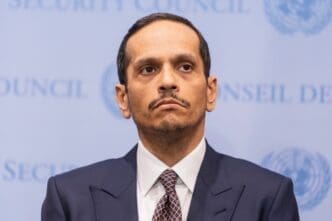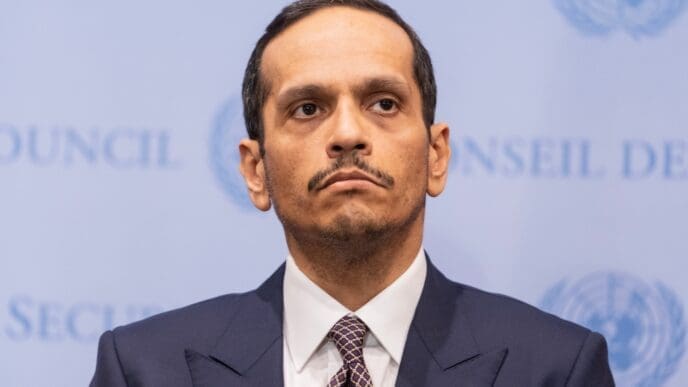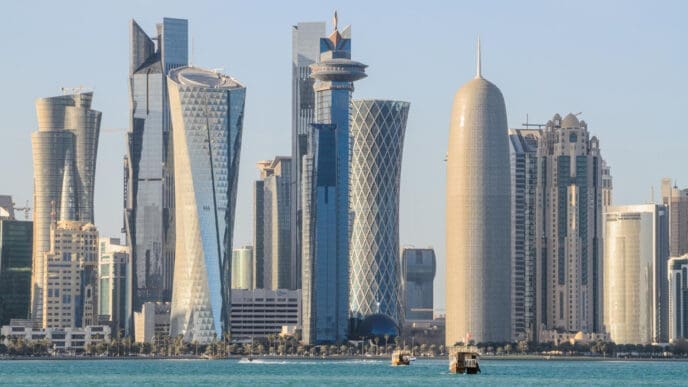As bitcoin’s value soared beyond $100,000 for the first time, President Nayib Bukele of El Salvador celebrated the success of his daring venture in the cryptocurrency market. Despite initial resistance and skepticism from various quarters, the decision to adopt bitcoin as legal tender in 2021 now appears to have paid substantial dividends. The government’s investment in bitcoin is reported to be worth over $600 million, marking a significant positive turn since the cryptocurrency’s value dropped to below $17,000 two years ago.
President Bukele has long championed the potential of bitcoin to transform El Salvador’s economy, which primarily uses the US dollar. His administration introduced bitcoin with the promise of creating financial avenues for the unbanked and reducing dependency on costly remittance services. Offering $30 worth of bitcoin to citizens who signed up for digital wallets was part of this initiative, though many Salvadorans opted to cash out rather than invest longer-term.
The political opposition has been vocal in their criticism of Bukele’s bitcoin strategy. However, Bukele argues that this opposition led many to miss out on the financial benefits of the cryptocurrency’s recent surge. This sentiment was echoed on social media, where entrepreneur Elon Musk noted Bukele’s strategic foresight.
Experts like former Central Bank President Carlos Acevedo pointed out that while the government’s bitcoin holdings have increased in value, these gains remain unrealized until the assets are sold. Acevedo also highlighted the speculative nature of bitcoin and the potential risks involved, yet he acknowledged the positive outcome for the Bukele administration given recent market conditions. This optimism in the cryptocurrency market has been linked to favorable expectations following political changes in the United States, particularly with a pro-bitcoin sentiment after the recent election.
The cryptocurrency’s price fluctuation remains a subject of debate, with common Salvadorans expressing mixed reactions. Esteban Escamilla, a resident of Santa Tecla, reflected on his decision to cash out the $30 bitcoin initially provided by the government. He conceded that, in hindsight, holding onto it would have been more beneficial financially. Similarly, Josefa Torres echoed this practicality when she used her bitcoin for necessary expenses rather than speculation.
Despite the evident benefits, concerns about transparency and fiscal stability continue to loom. Following discussions with El Salvador’s government, the International Monetary Fund (IMF) stressed the importance of efforts to mitigate potential risks associated with the national bitcoin project.
As El Salvador navigates the complex landscape of cryptocurrency, President Bukele’s gamble on bitcoin stands as a testament to bold leadership in the face of uncertainty. The country’s journey with bitcoin continues to unfold, offering intriguing insights into the global financial experiment.
Source: Apnews

